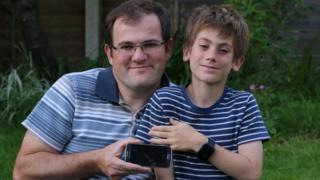BDBoop
Platinum Member
- Banned
- #1
Tom Hanks on his diabetes, pirates and rapping with Dan Aykroyd | Film | The Guardian
Just a fun read about a genuinely nice guy.
It feels charmingly apt that when Tom Hanks simultaneously one of the biggest movie stars in the world for the past 20 years and also famously one of most "aw, hell, shucks" normal men around is talking about "the most fascinating days of my life", he is not referring to when he acted in zero gravity in Apollo 13, the time he became only the second actor in history to win back to back Oscars, or even learning to dance on a giant piano in Big. Rather, he is talking about his recent stint on jury duty.
"The people there, the process," he says, almost sentimentally recalling the days he spent trapped in a hot room with a dozen or so people "just eating my sandwich for lunch. Just fascinating!"
Sadly, Hanks's sandwich-eating came to an abrupt end because, being the highest-grossing film star on the planet, his presence attracted some attention and a mistrial was called when a member of the Los Angeles prosecutor's office approached him.
Hanks's life seems like one long battle to balance his high-profile persona with his determinedly low-key personality. A few days before we meet he appeared on the David Letterman Show in the US and mentioned that he has diabetes. Cue celebrity gossip meltdown.
"Yeah! I got type-two diabetes!" Hanks shouts out in the room, mimicking the media hysteria. "I'm sure there's going to be some media scandal now, saying I got it because I gained and lost weight for movie parts or something " he gained two stone for his brilliant turn in A League of Their Own and lost three stone for the less fun Cast Away "but I doubt that."
Just a fun read about a genuinely nice guy.



